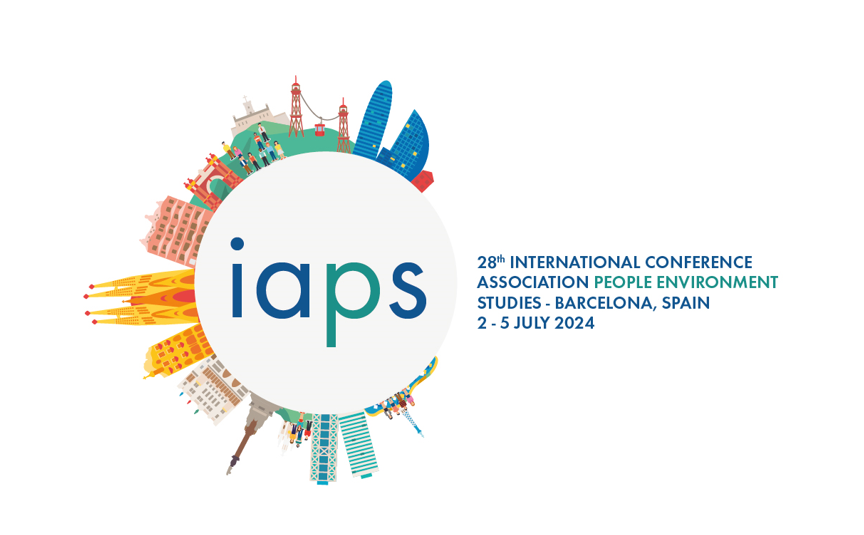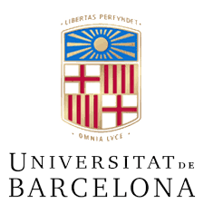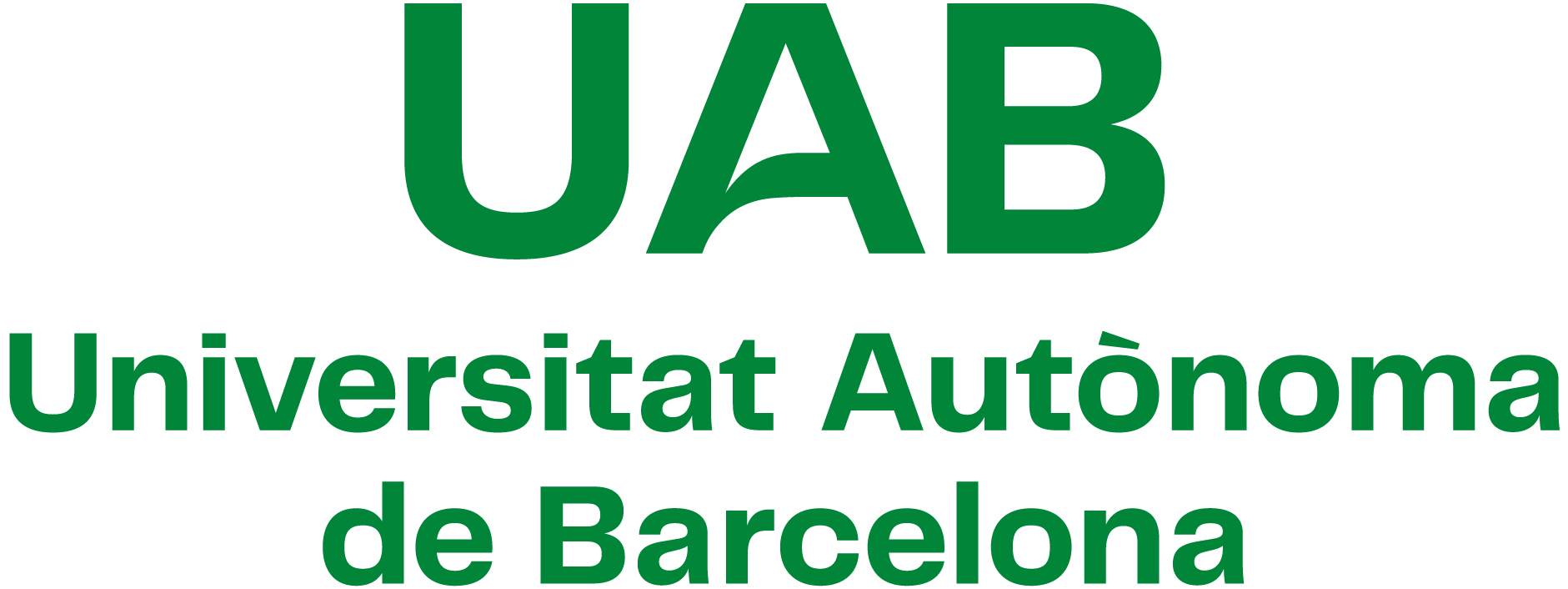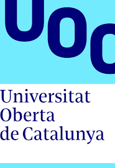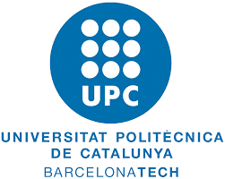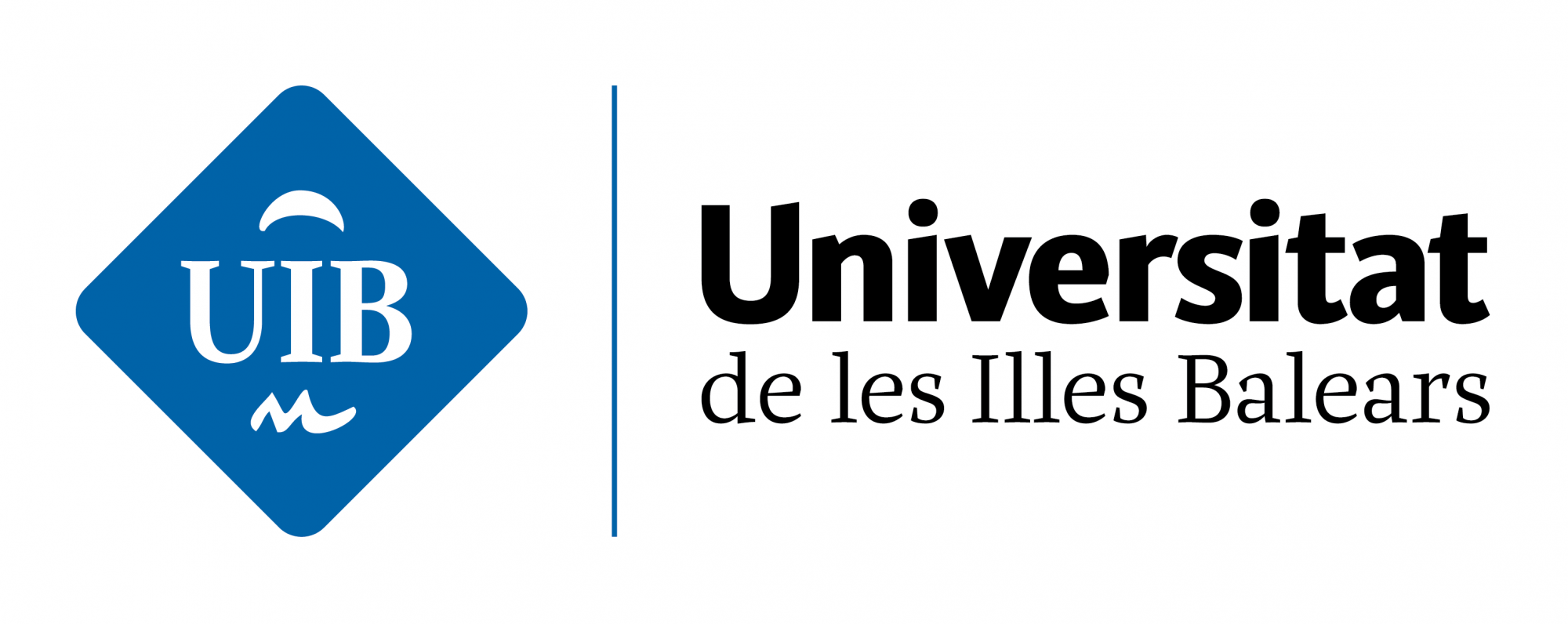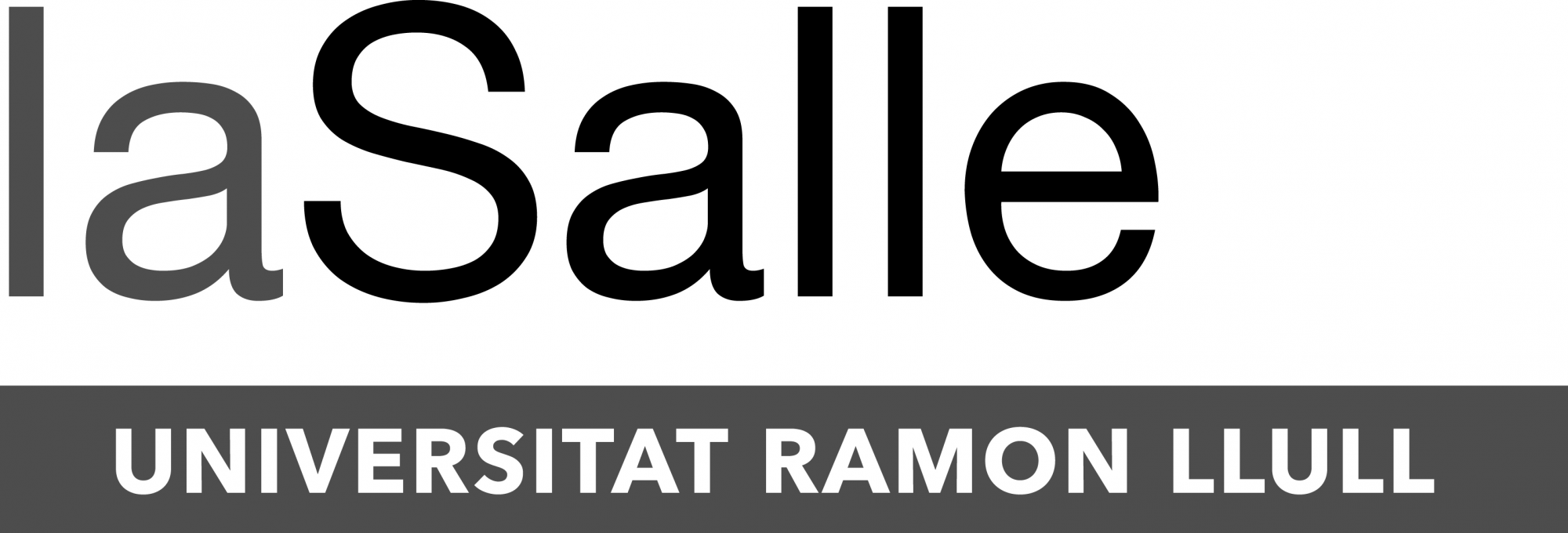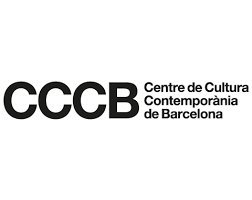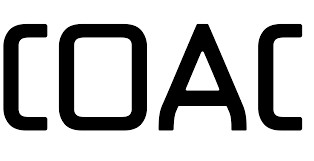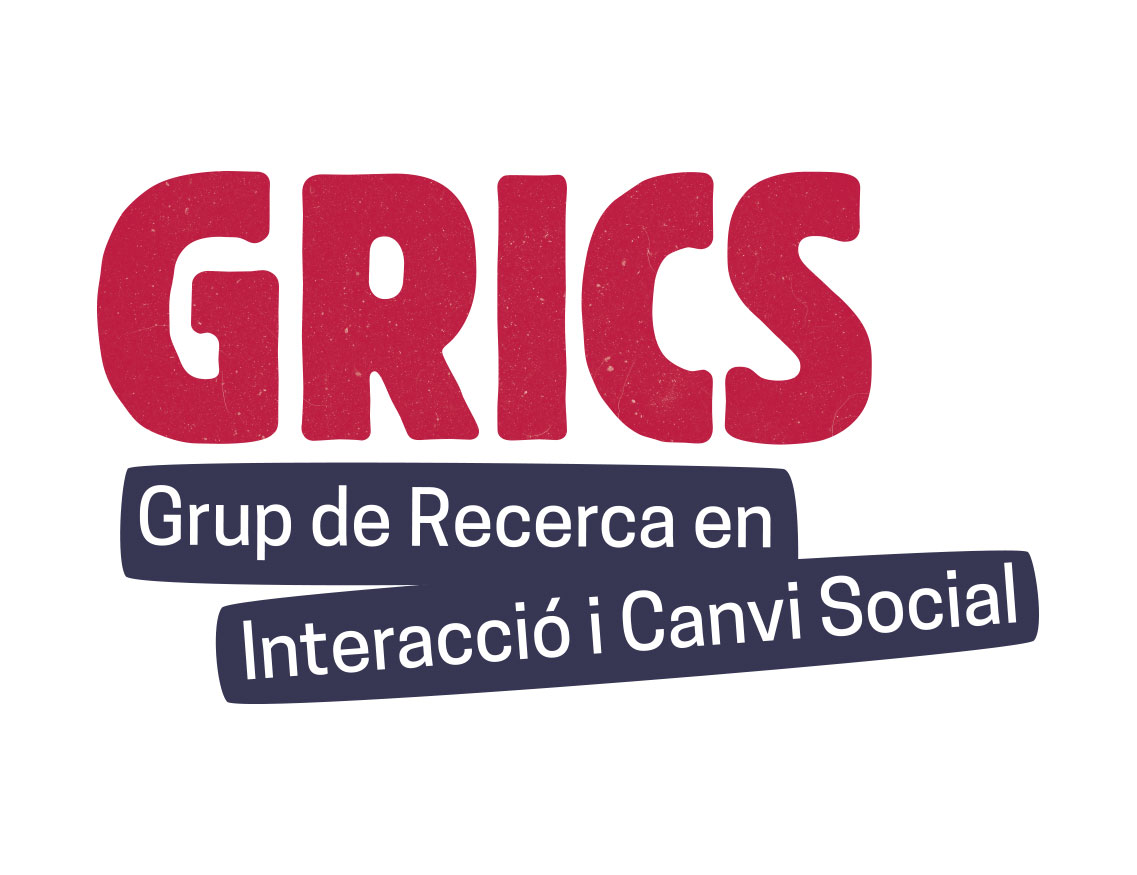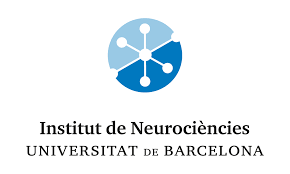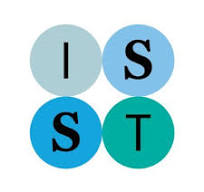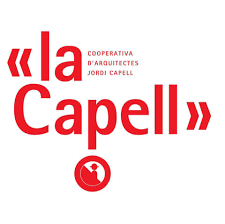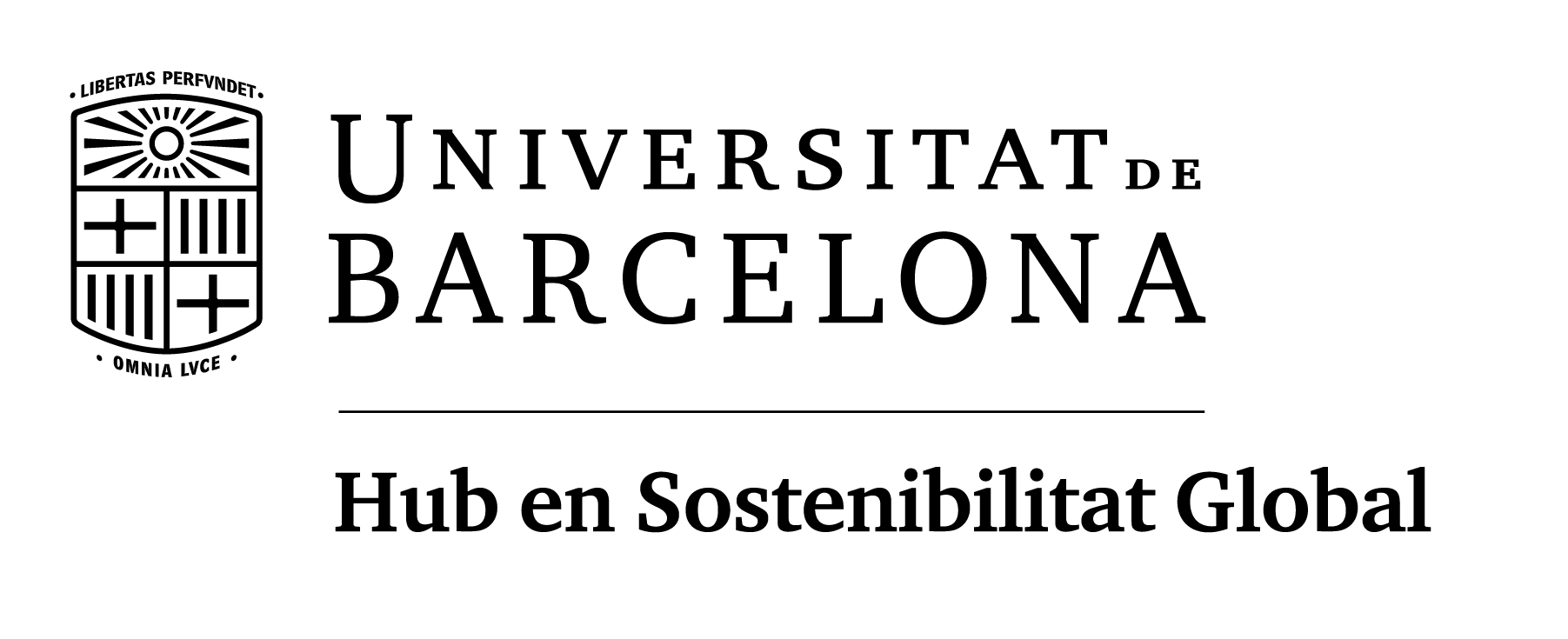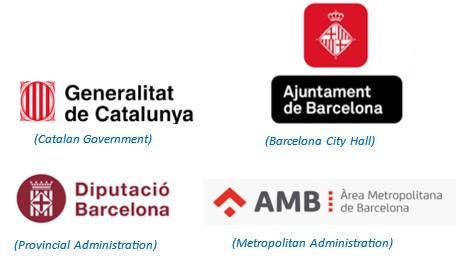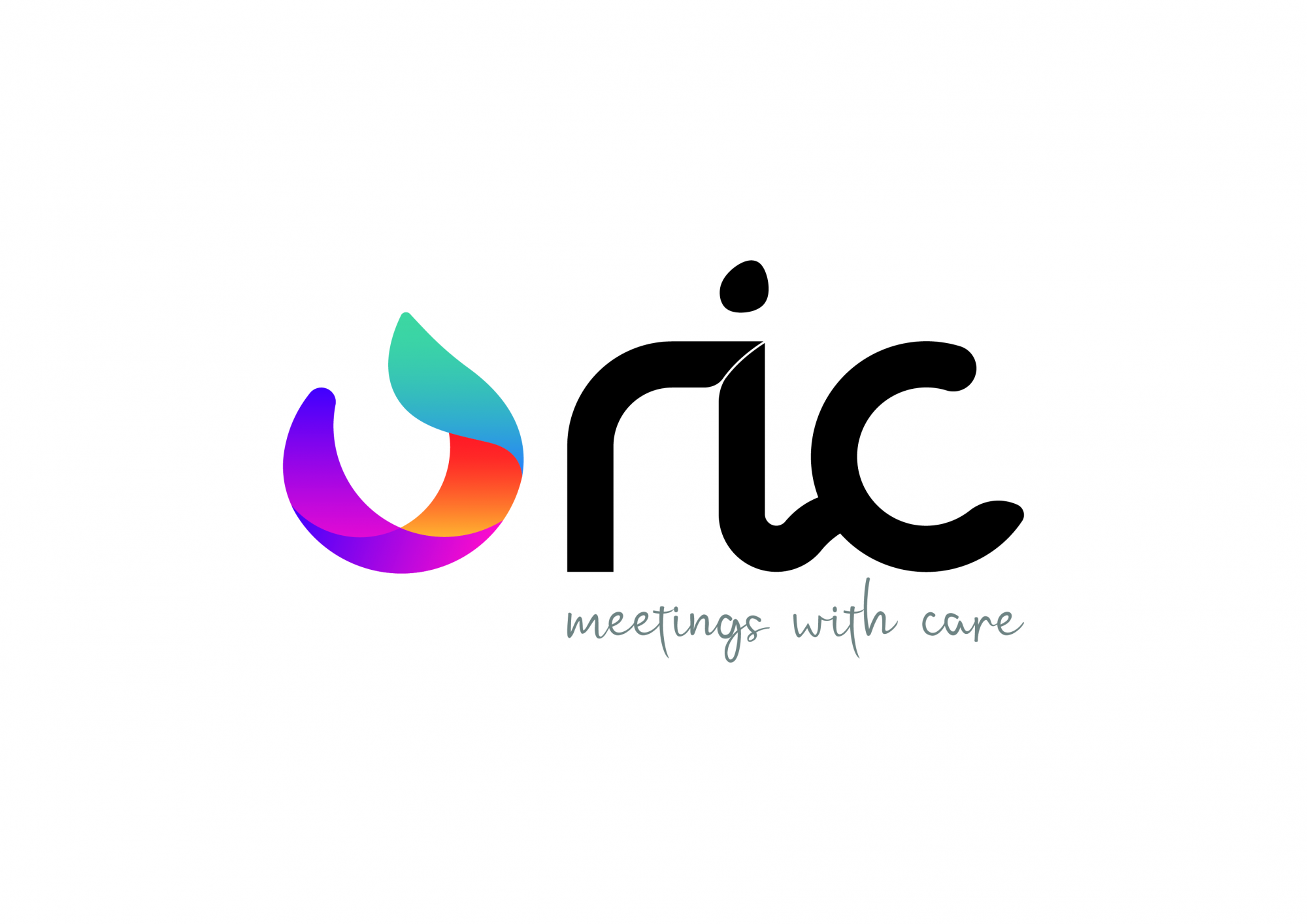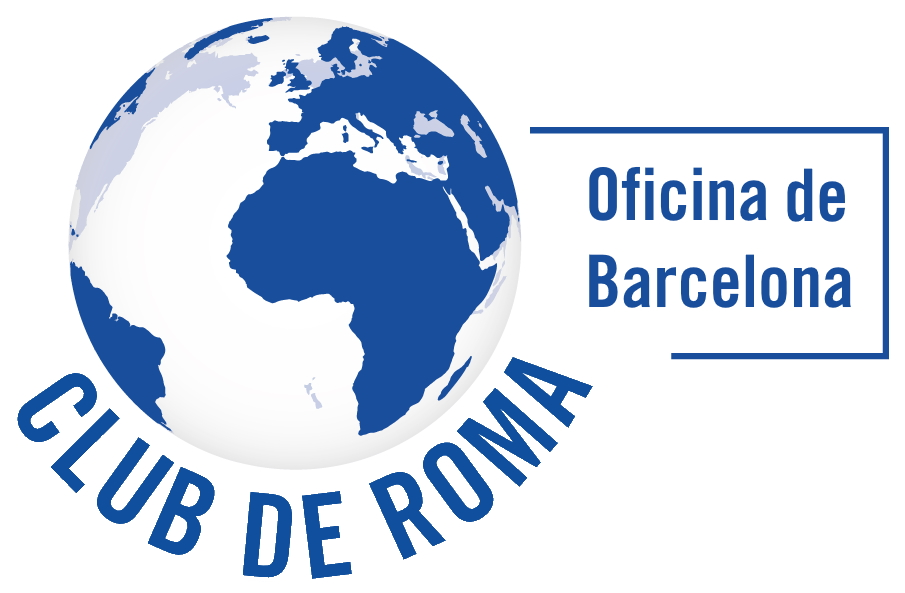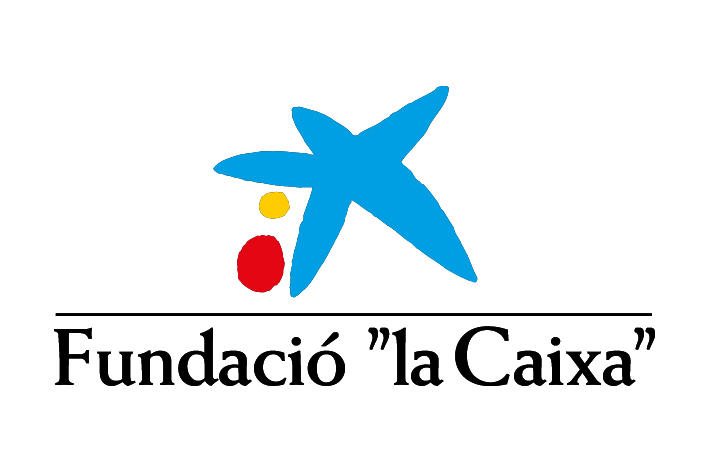Late registration starts
ABSTRACTS
SUBMISSION TYPES
1. Symposia
Each symposium totals a 90-minute session, including up to five presentations taking 12-minutes each, followed by a discussion taking 30 minutes. A discussant is desired, but not compulsory.
Symposia should provide a common framework under an emerging issue (theoretical, methodological) and can include both research and practitioner perspectives.
Symposia organizer(s) must submit:
1. an overall symposium abstract (up to 300 words), including:
• Symposium title (30 words maximum);
• Background and objectives;
• Significance for the advancement of People-Environment relations;
• Author(s) name(s) and preliminary title of each individual presentation.
2. individual contributions for the symposium, following the guidelines for individual communications:
It is the responsibility of the symposium organizer(s) to coordinate with the presentation authors all the elements to submit at once.
Symposium abstracts should be submitted under the tab "Symposia" at the top of the submission platform. Individual contributions should be submitted under the tab "Abstracts" at the top of the submission platform, signaling they are part of a symposium and indicating the respective symposium title.
2. Individual communications
Each presentation will take up to 15 minutes and will be included in a thematic session joining other presentations, followed by an open discussion period.
Presentation formats include research and/or practice/policy-oriented proposals. Research proposals can be based on own’s empirical research or a critical review of important issues in person-environment studies.
Abstracts (up to 300 words) should include:
• Title (up to 30 words);
• Background and objectives;
• Process and methods (for empirical research);
• Main results (or main arguments in the case of critical reviews);
• Implications for research and practice/policy;
• Importance and originality of the contribution;
3. Special calls:
Two innovative formats are proposed:
Special Call-1 – International Transdisciplinary Research
This is a call for special sessions on international and transdisciplinary research that is either in progress or recently completed. These presentations and debates will take place in special and specific sessions on projects of this nature. The presentations should emphasize the origin, methodology of the project, results and expected applications by the sponsoring organizations, and should be presented as a team (not just as a personal communication).
Special Call-2 – Applied research and urban projects. Comparing experiences and effects.
Much effort is being put into changing citizens' habits and behaviours to improve sustainability through modifications of urban spaces as behavioural settings. To generate debate between specific projects (finalized or ongoing) of different cities that have a similar objective, although their methodology and implementation may be different, we launch this second call. The objective is to generate debate regarding different urban interventions, considering geographical, cultural, urban and climatic peculiarities.
A representative from the research / intervention team must submit an abstract (up to 300 words), including:
• Project title (30 words maximum);
• Funding programme / start and end date / webpage
• Background and objectives;
• Significance for the advancement of People-Environment relations;
• Key words
4. Poster flash Presentations
Poster sessions will take a format stimulating interactions, by including a flash of research results and implications in five minutes.
60 minute sessions will include up to eight poster presentations.
Abstracts (up to 300 words) should include:
• Title (30 words maximum);
• Research or practical problem and objectives;
• Methods and process (for empirical research);
• Main results preview and importance (or main arguments in the case of critical reviews).
Specific guidelines for poster display, format and presentation will be provided after abstract acceptance.
 Information about cookies
Information about cookies
